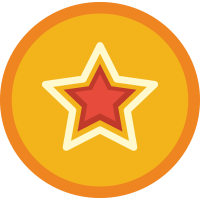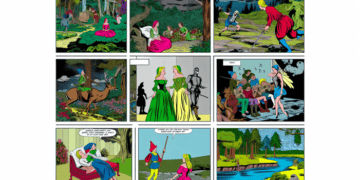Trivia night brings friends, friendly competition, and the fun of recalling odd facts. But how do you build a team that keeps winning, or at least stays near the top? It’s more than getting a bunch of smart people together. You want a balanced group with different strengths, clear communication, and a bit of strategy. This guide covers how to put that team together so your path to points (and fun) is smooth.
We’ll cover team size, how to find people with the right mix of knowledge, how to talk during the game, and mistakes to avoid. Get ready to turn a casual night out into a sharp, well-run quiz crew.

What Makes a Great Trivia Night Team?
A strong trivia team feels like one unit, not a pile of individuals. Knowledge and personality should fit together so people share ideas freely, make decisions quickly, and feel respected. Think of it like a band where each instrument adds something different to the song.
A good team can handle all kinds of questions. From odd dates in history to new pop culture, the best teams adapt and use group smarts to solve tricky questions.
What Are the Benefits of Forming a Strong Team?
Beyond the thrill of winning, a strong team brings real benefits. First, you cover more topics. No one knows everything, but a varied team covers more categories. This greatly boosts your chances of getting more answers right.
Next, a strong team talks well under pressure. You discuss ideas, weigh options, and agree on answers. These skills help outside the game too. Good teamwork lowers stress, builds trust, and makes the whole night more enjoyable. Knowing your group has your back makes the game more relaxed and fun.
How Many Players Should a Trivia Team Have?
Team size is a key choice. There’s no single rule, but four to six people usually works best. That range gives you lots of knowledge without creating a noisy mess.
With more than six, it gets harder to hear everyone. You might end up talking too loudly and tipping off other teams. With fewer than four, you may not cover enough categories. Four to six hits a good balance: wide knowledge plus quick, quiet discussion.
How to Choose Team Members for Maximum Coverage
Building a great team is like casting a play: you need the right mix of characters. Aim for different strengths and personalities, not just “smart” people.
Trivia jumps from ancient empires to internet memes in seconds. That’s why variety is your best friend. With a diverse team, someone often knows a bit about even the oddest topic-or can reason their way to it.
Why Diversity in Knowledge Areas Increases Your Odds
A team made of chemistry PhDs might crush science, but struggle with reality TV or 80s one-hit wonders. No one knows it all. By bringing in people with different backgrounds, you raise your odds across history, sports, pop culture, geography, and more.
This isn’t just about facts. Different thinkers approach questions in different ways. A history fan and a pop culture fan might connect ideas in a way that leads to the right answer, even if no one knows it at first.
Valuable Trivia Team Roles and Specialties
Look for people who bring specific strengths. These aren’t rigid labels, just helpful types that cover common rounds.
| Role | Sample Categories | Quick Wins |
|---|---|---|
| Sports Enthusiast | Pro leagues, World Cup, Olympics, player stats | Champions, MVPs, famous records |
| History Buff | World wars, ancient empires, U.S. history | Presidents, key dates, major events |
| Entertainment Expert | Movies, TV, music, celebrities | Oscar winners, classic shows, hit songs |
| Science & Nature Fan | Biology, chemistry, physics, tech | Periodic table, space facts, inventions |
| Pop Culture Maven | Trends, memes, fashion, internet culture | Viral videos, current shows, social trends |
| Geography Enthusiast | Capitals, landmarks, flags, regions | Countries, rivers, world wonders |
| Literature Lover | Authors, classics, modern fiction | Famous books, pen names, literary awards |
| Music Maestro | Genres, artists, albums, charts | Song IDs, decades, Billboard hits |
| Fact Finder | Random trivia, odd facts | Surprise points from obscure info |
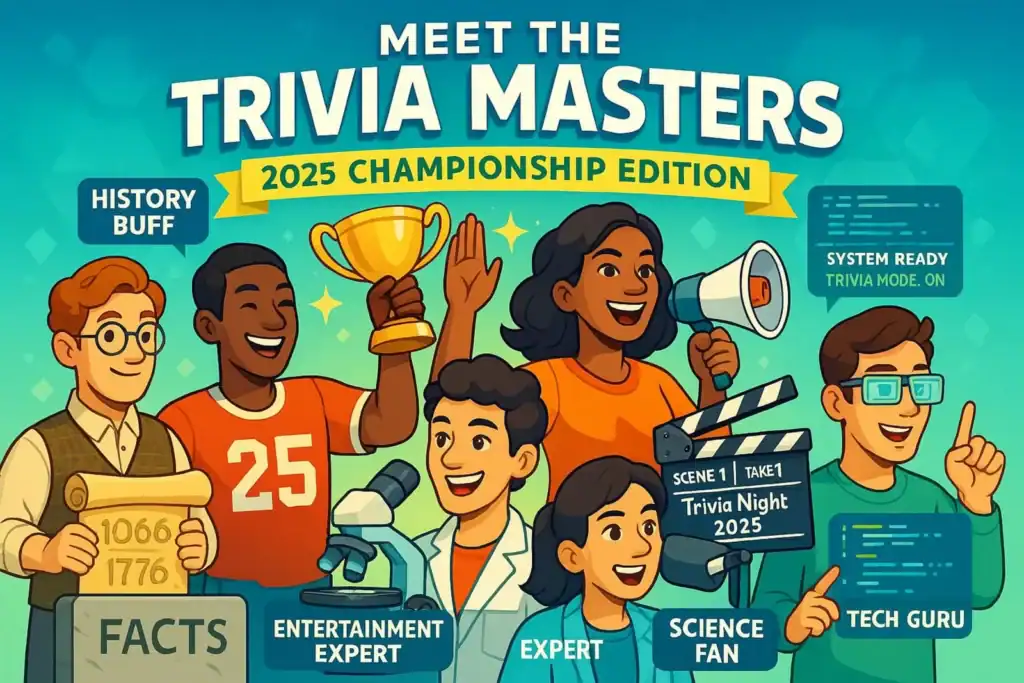
The Sports Enthusiast
This person handles all things athletic: Super Bowl MVPs, World Cup winners, stats, classic games, and rivalries. Even tennis and golf come into play. Sports questions show up often, so this role is a big help.
The History Buff
Most trivia nights include history. Your history fan should cover many eras: world wars, ancient empires, U.S. history, and key figures. A U.S. specialist helps with presidents, the Constitution, and major moments that pop up a lot.
The Entertainment Expert
This player knows movies, music, and TV-both current and classic. They track streaming hits, famous actors, old shows, and chart-toppers. They also catch memes and reality TV, which can land quick points.
The Science and Nature Fan
Science rounds can be tough. Someone who knows biology, chemistry, physics, and new tech can tackle elements, space, and tricky “how things work” questions.
The Pop Culture Maven
This person keeps up with trends, fashion, and current culture. They follow viral videos, big headlines, and social media. They keep your team current and help with any “of the moment” questions.
Other Key Knowledge Areas (Geography, Literature, Music)
A Geography Enthusiast knows capitals, regions, landmarks, and cultures. A Literature Lover covers books, authors, and classics and can crack tricky references. A Music Maestro handles artists, albums, and songs across decades. And a “Miscellaneous” brain who knows odd facts can swing a round with a lucky recall.
Balancing Team Personalities for Collaboration
Brains matter, but so do people skills. You want competitive players who still stay kind and calm. Pick folks you like spending time with. Even great teams fall short if arguments take over. Look for listeners who respect others’ strengths and debate ideas without ego. Invite input from everyone; even a wild guess can spark the right answer. A good mix includes different communication styles and a shared goal of working well together.
Assigning Roles and Responsibilities on Trivia Night
Once your team is set, plan how you’ll work during the game. A bit of structure helps you move quickly and score more. Clear roles prevent chaos and make sure key tasks happen on time.
This isn’t about orders or ranks. It’s about using each person’s strengths so answering, submitting, and keeping pace all feel easy.
Who Should Be the Team Leader?
Even a very democratic team needs someone to guide the process. The leader doesn’t have to be the smartest. They should organize thoughts, run the discussion, and make the final call when you can’t agree. They also watch the clock and keep the team from getting stuck. The leader submits final answers after hearing everyone out and choosing the best option. They keep spirits up, calm nerves, and help the team stay focused. A steady leader keeps things running smoothly under pressure.
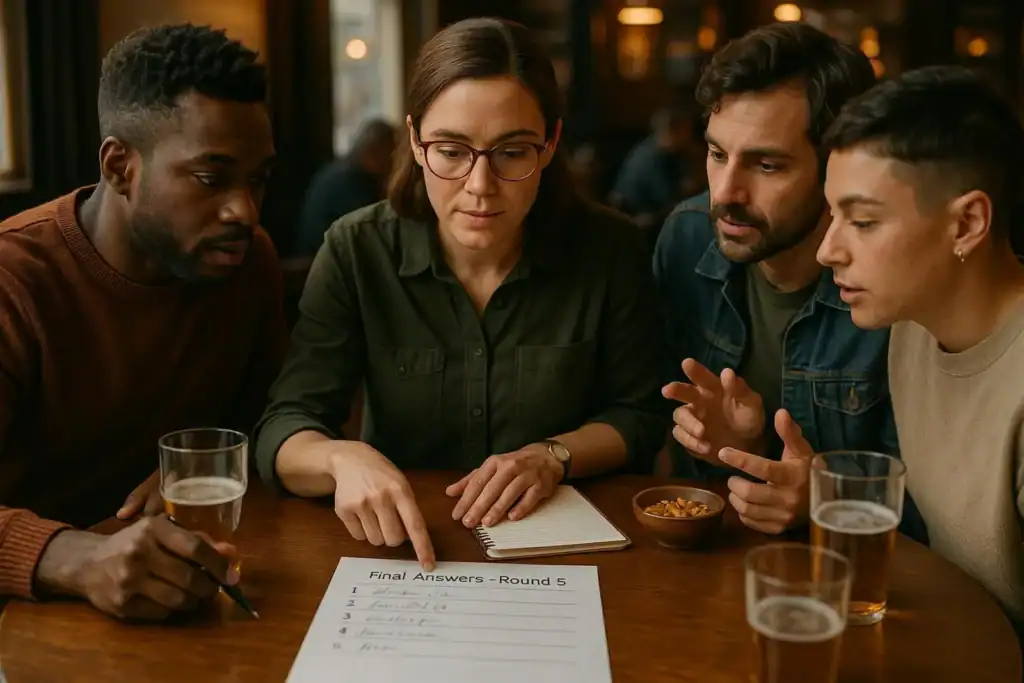
How to Delegate Answer Recording and Challenge Handling
Pick a note-taker. This person writes the final answers neatly and checks that each answer matches the right question number. That prevents costly mistakes and lets others focus on thinking and talking.
If you need to challenge a question or a ruling, choose one calm, clear speaker to handle it. They should know the rules and speak politely. This avoids a crowd of voices, which can confuse things.
The Importance of a Tie-Breaker Specialist
Sometimes your group stays split. A tie-breaker specialist settles it. They don’t need to know more than others; they just make a quick final call. On multiple choice, they can knock out wrong options and go with the best remaining guess. On open-ended questions, they can weigh confidence levels across the team. Having this role prevents long debates and late submissions. If you prefer a game like “rock, paper, scissors,” that can work too-but a fast, informed decider is better.
Preparing Before the Event Improves Your Chances
Trivia relies on quick recall and teamwork, but a bit of prep can help a lot. Think of it like warm-ups before a game. You don’t need to memorize an encyclopedia. Just refresh common categories and track what’s going on in the news.
Even well-rounded teams benefit from light prep. It can turn a shaky guess into a sure answer.
Should You Practice as a Team or Individually?
Both help. On your own, sharpen your specialty. The pop culture fan can review recent Oscar winners and current hits. The history buff can review key leaders or eras. Trivia apps and sites like Trivia Crack, Wikitrivia, and Trivia Star are great for solo drills. Watching Jeopardy! also helps you see patterns and common clues.
Team practice can focus on how you talk, how you decide, and where you have shared gaps. A short huddle before the event to note likely categories or big news can align everyone. A mix of solo prep and quick team syncs works well.
Best Resources for Trivia Team Study
- News: Follow headlines in politics, entertainment, and sports.
- Core topics: Review geography, history, famous quotes, world capitals, U.S. presidents, and landmarks.
- Specialty sources: Sports sites or podcasts for the sports fan; science magazines or documentaries for the science fan.
- Online quizzes: Use general and themed quizzes to target weak areas.
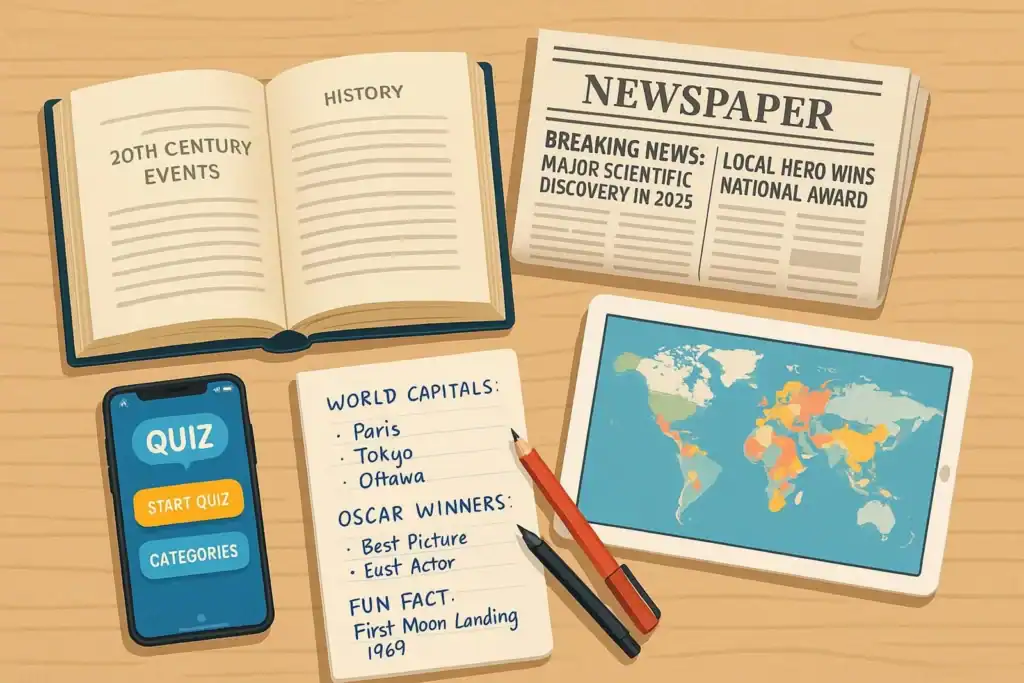
Regular play also helps you spot common question styles and frequent topics.
Reviewing News, Popular Culture, and Past Trivia Questions
Stay active with current events and pop culture. Many questions are recent. Keep up with new movies, music, tech, and major political stories. Encourage your pop culture lead to follow trends closely, and ask generalists to scan headlines.
If your local host has a pattern, review past questions if you can find them. You’re not cheating; you’re learning the host’s style. This can help you predict what might show up and prepare for it.
Proven Strategies to Succeed During Trivia Night
The host starts reading, and now your prep matters. Success isn’t just about knowing facts. It’s about how your group works under time pressure: clear talk, smart choices, and steady energy.
These in-game habits separate steady scorers from the rest. They keep your team focused and ready to grab points even on tough rounds.
How Good Communication Prevents Mistakes
Strong teams talk well. When a hard question appears, talk it through. Listen to everyone, even unsure voices. A half-remembered clue can unlock everything. Respect expertise. If it’s a sports question and your sports person is confident, go with them unless you have a better answer. Keep voices low so other teams don’t hear. Don’t shout answers. Quiet, focused talk saves points.
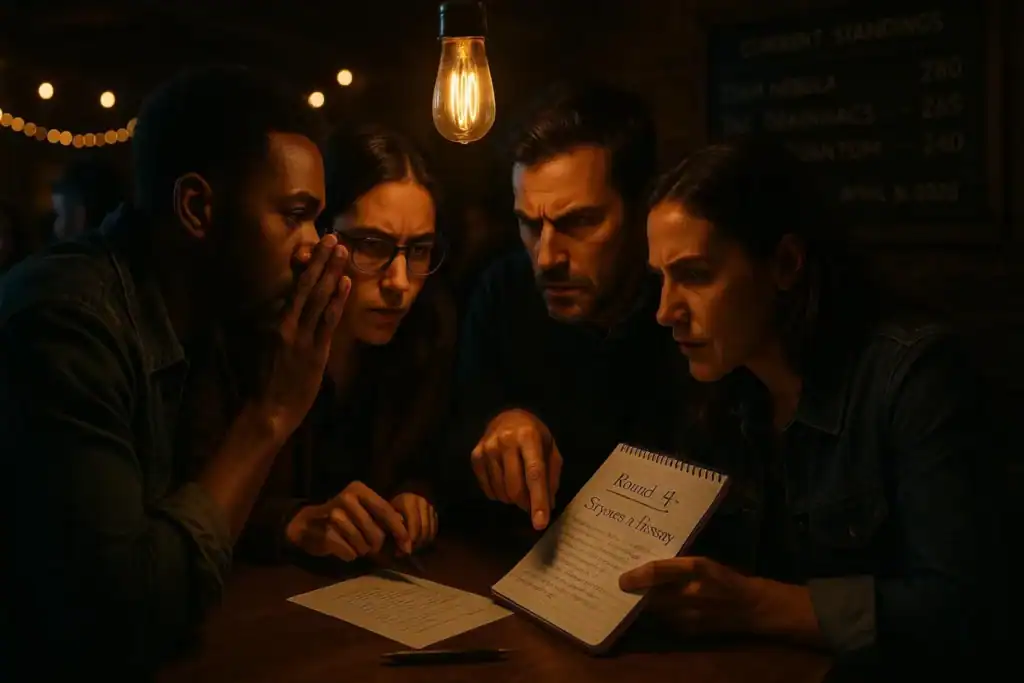
When to Trust Your Instincts vs. Group Consensus
Finding the balance matters. Simple answers are often right, and overthinking can hurt. If someone has a strong gut feeling and time is short, go with it. For trickier questions, a group decision after a short talk is safer. The leader guides this and makes the final call when needed. Know when the group is stronger, and when a confident hunch should lead.
Managing Disagreements and Reaching Quick Decisions
Disagreements happen. Don’t let them stall you. The leader should let each person give a quick case. Focus on facts and logic. If you still can’t agree, the tie-breaker (or leader) decides fast. Have a pre-set method so you don’t waste time. A solid guess beats a blank space.
Keeping the Team Focused (and Having Fun!)
Trivia should be fun. A good mood helps you play your best. Leaders can steady the group when rounds get rough. Remind everyone to stay calm and enjoy the night. If someone is stuck in their head, use a quick reset phrase to move on. Celebrate wins, laugh off misses, and keep the vibe friendly. Happy teams work better and score more.
Common Pitfalls That Weaken Trivia Teams
Even smart teams can struggle if they don’t work well together. Along with good habits, watch for traps that hurt performance and fun. Spotting these risks early helps you build better habits and keep your edge.
Some problems come from unbalanced knowledge. Others come from how people interact. Knowing these patterns helps you avoid them.
Overlapping Knowledge Gaps
This happens when several people know the same things but share the same blind spots. Four science pros might ace science but miss sports or pop culture. Depth is great, but being too narrow leaves you open to rough rounds. Build with intention. Invite people who add new strengths, not just friends who think like you.
Dominating Personalities and Poor Listening
One person who talks over others can sink a team. Cutting off ideas or dismissing them too fast kills collaboration. Quieter teammates may hold the right answer but never say it. Poor listening also leads to misread questions and missed clues. Build a culture where everyone gets a short turn to speak, and the best idea wins, not the loudest voice.
Ignoring the Rules and Scoring System
Don’t skip the rules. Some nights have bonus rounds, different point values, or challenge rules. Missing these details can cost you. You might waste time on low-value questions or miss bonus points. Also watch time limits so you don’t rush at the end or leave blanks. The leader-or a rules watcher-should listen closely to the host’s intro so the whole team knows how the game works.
Final Tips for Building and Keeping a Winning Trivia Team
You’ve built your team, practiced, and planned your roles. What’s next? Keep improving while keeping the fun alive. Trivia is about points and friends both.
Make the team experience enjoyable over the long run. That keeps energy high whether you snag the prize or just share laughs.
First, keep fun at the center. Winning feels great, but bar trivia is about a good night out. If pressure takes over, the team suffers. Stay positive, cheer small wins, and shrug off misses. These games are low-stakes. Don’t get weird about it.
Try rotating players sometimes or inviting new faces. Fresh people bring new knowledge and prevent burnout. If your team keeps missing a certain category, ask someone strong in that area to join for a week-or longer.
Outside trivia, hang out together. Many venues host Music Bingo, karaoke, or live music. Doing other activities builds stronger bonds, which carry into better teamwork on quiz night.
Finally, keep learning and adapting. Over time, you’ll spot patterns in questions and common categories. After each night, think about what went well and what didn’t. Where did you shine? Where did you struggle? Use that to guide your prep. With smart team building, solid in-game habits, and a focus on fun, your group can rack up wins and make great memories together.


